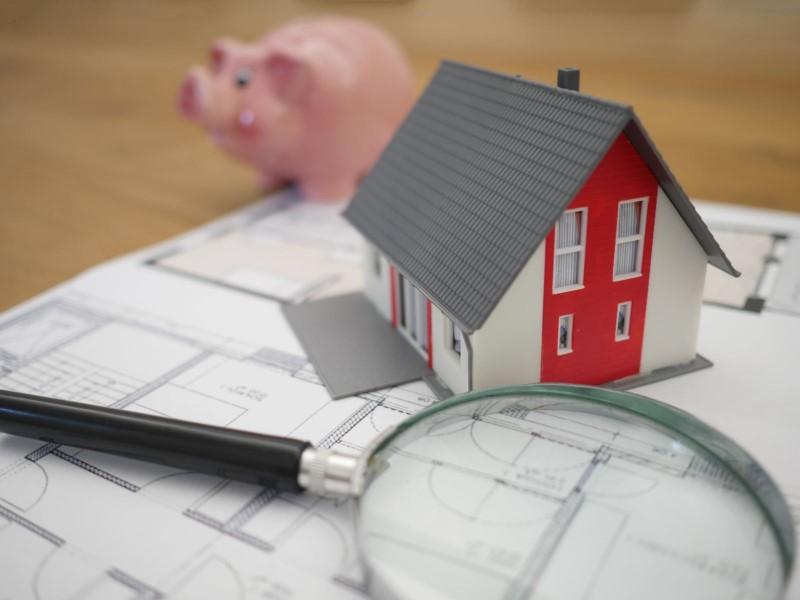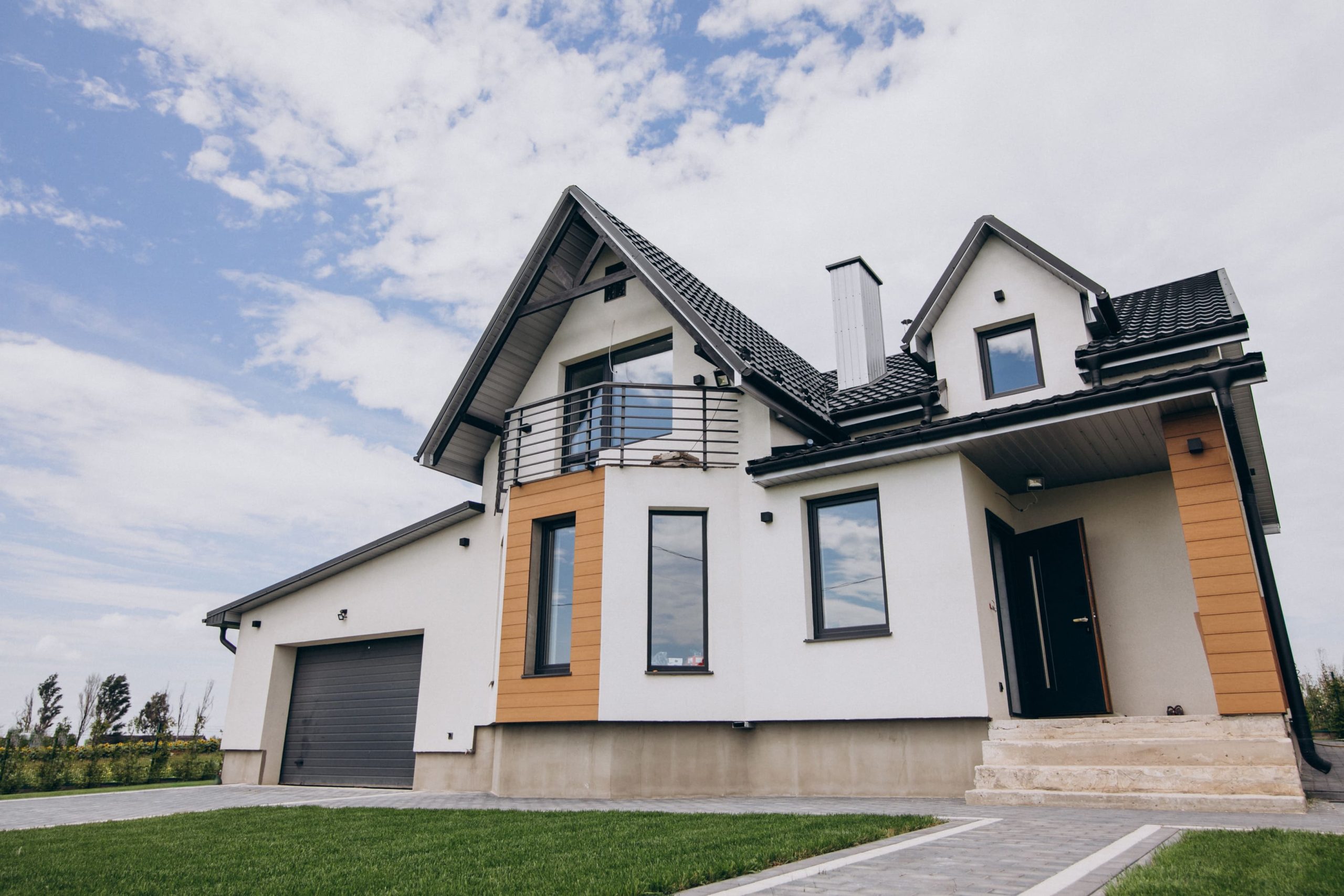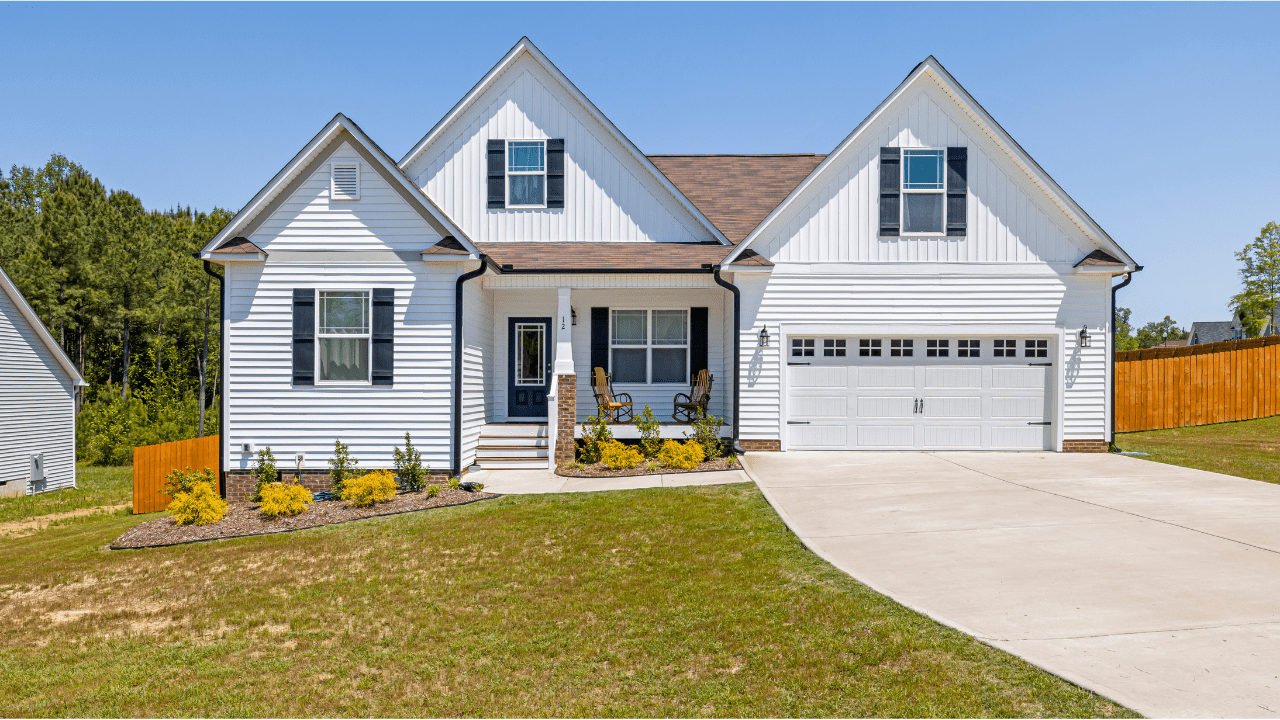If you’re pursuing a career in real estate, if you’re a real estate agent or just a buyer, this is the question you have to know by heart. Should you buy or rent a home?
For years, the conventional wisdom has been that it’s always better to buy your own home than to rent one. But with today’s real estate market, that may not be the case anymore. Here are some of the key factors to consider before you decide whether to buy or rent a home.
For years, the conventional wisdom has been that it’s always better to buy your own home than rent one. But with today’s real estate market, that may not be the case anymore.
There are many factors to consider when deciding whether you should rent or buy a home, including your job security, income growth potential, and your interest in investing in real estate over other types of investments.
Pros of Renting
Rental payments are generally cheaper than mortgage payments. Buying also requires an upfront investment of 20% – 25% of your property’s cost, while renting just requires a security deposit.
This means that if you’re not sure about long-term residency in an area, renting can be an intelligent way to go without putting too much at risk.
You also have more flexibility when it comes to landlords; if something goes wrong with your rental unit, you can generally just move on to another place rather than make major repairs yourself (although, it should be noted that some areas have mandatory minimums for how well units must be kept up). However, renters do not actually own any equity from their lease agreements.
Renters Don’t Pay Maintenance Costs
Unless you’re in your landlord’s good graces, renting typically means not having to worry about issues like fixing faulty wiring, gardening, paint peeling from walls, and making costly structural repairs. All of those issues come with owning property.
It’s no wonder most homeowners have experienced at least one unexpected repair cost—the costs can really add up quickly. And then there are future expenses like roof replacement, which can be very expensive when it comes time to replace it; these costs should be factored into your long-term plan.
There are exceptions to every rule, though: If your commute is longer than 20 minutes by car, it might make sense for you to rent an apartment closer to work instead of buying a home further away.
Pros of Buying
Your monthly mortgage payment is lower than your monthly rent payment and may be less expensive over time. In addition, if you have a traditional fixed-rate mortgage loan, your interest payments will be tax-deductible.
As well, in many markets, it takes longer to save up for a down payment on a home than it does to build up rental history (which landlords will sometimes require). Finally, owning a home can feel like building equity, while renting feels like throwing money away.
Drawbacks of Both Renting and Buying
There’s no free lunch. It’s not necessarily better to pay for expenses upfront, and an owner is paying property taxes and insurance—in addition to high upfront costs like mortgage loans—regardless of whether they own their place.
Furthermore, if your career is volatile—if you’re on shaky ground, could be fired at any moment, etc.—you may want to hold off on buying a home.
A homeowner who loses their job may not be able to sell their house for cash to help tide them over through lean times. Renting makes more sense in that case: You can pack up your things and walk away from problems rather than risking it all if your income takes a hit.
When it Makes Sense to Buy
If you expect to live in your new home for at least five years, purchasing a home can make sense—especially if you already have money saved up for a down payment.
However, buying a home is often an expensive move, and not everyone has enough cash on hand to cover their closing costs and other expenses associated with buying. If you are starting your career and that’s something that concerns you, it might be better to keep renting until your financial situation improves.
If your lease is almost up or if you’re looking to change neighborhoods entirely, now might be a good time to think about purchasing. Just be sure to consult with an expert about all of your options first!
When it Makes Sense to Rent
Some people don’t have time to take care of a house, either because they are single and working long hours or have other commitments. Some just enjoy not worrying about getting up on Saturday morning to start mowing the lawn. Other don’t have a stable job and don’t know if they will work with the same company for a long time.
Renting can also make sense if you plan on moving in less than five years. It might not make sense financially but renting allows homeowners to keep their lives simple by avoiding decisions about paint colors and materials that don’t impact their enjoyment of their homes.
Finally, some people like living in areas where they can always try out new apartments without uprooting their lives every few years.
Conclusion
Ultimately, buying a home is an incredibly personal decision and depends on several factors. That said, there are three primary options to consider when weighing whether to rent or buy:
- Look at your overall financial picture.
- Compare your monthly mortgage payment to your current monthly rent payment.
- Figure out what’s right for you. When considering buying versus renting, it’s important to keep your long-term finances in mind.
In fact, if possible, don’t rule out home ownership just because you’ve had setbacks in life (inherited debt from student loans, credit card bills that are taking forever to pay off); owning a home can be one of the most secure ways to build wealth and security over time.




